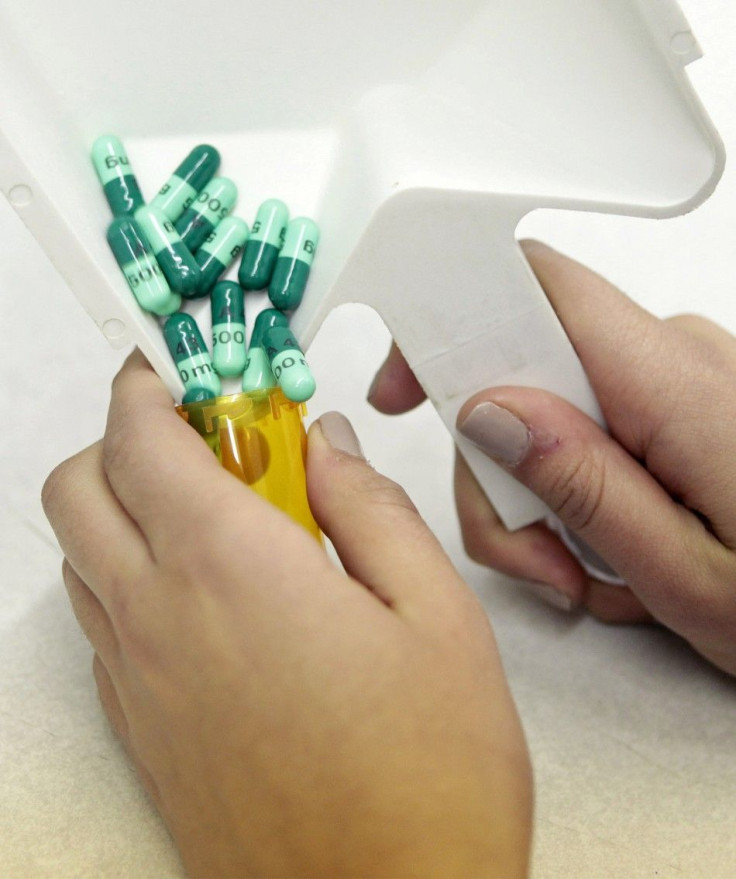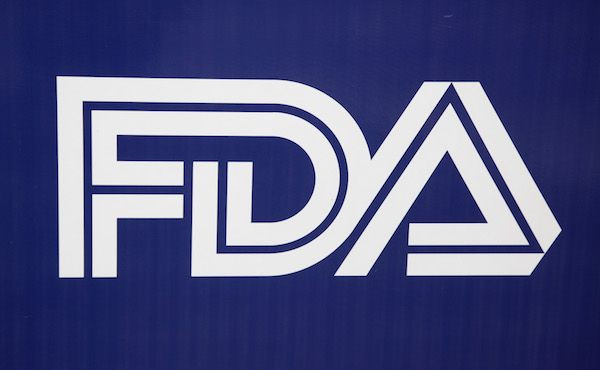Peanut Allergy Treatment: FDA Approves Palforzia Drug For Children

A new drug intended to help over 1 million children combat a life-threatening allergy was approved Friday by the U.S. Food and Drug Administration (FDA). Palforzia, the drug in question, will help children increase their tolerance for low doses of peanuts. While not a “cure,” it is expected to help young sufferers of peanut allergies have lower risks of accidental exposure.
The FDA has recommended Palforzia for adolescents ages 4 to 17 with confirmed cases of peanut allergies. It also strongly urges users of the drug to continue avoiding all peanuts in their diet.
“Peanut allergy affects approximately 1 million children in the U.S., and only 1 out of 5 of these children will outgrow their allergy,” Peter Marks, director of the FDA’s Center for Biologics Evaluation and Research, said in a statement. “Because there is no cure, allergic individuals must strictly avoid exposure to prevent severe and potentially life-threatening reactions.”
Palforzia uses immunotherapy to increase patients' immunity, exposing them to low doses of peanut that increase each day. Patients must continue to consume the drug - mixed in with other foods - in order for the effect to continue.
Peanuts are the most common food allergy among children. Every year, 1 in 4 children with the allergy are sent to the emergency room due to exposure. The allergy is known to frequently cause anaphylaxis, a severe variety of allergic reaction that comes on rapidly and can cause death. Symptoms of the reaction can include shortness of breath, vomiting, low blood pressure, and the swelling of the tongue or throat.
“For so long, we had nothing to offer these patients,” said Dr. Pamela Guerrerio of the National Institutes of Health. “We finally have a treatment. That’s a big step.”

© Copyright IBTimes 2025. All rights reserved.





















